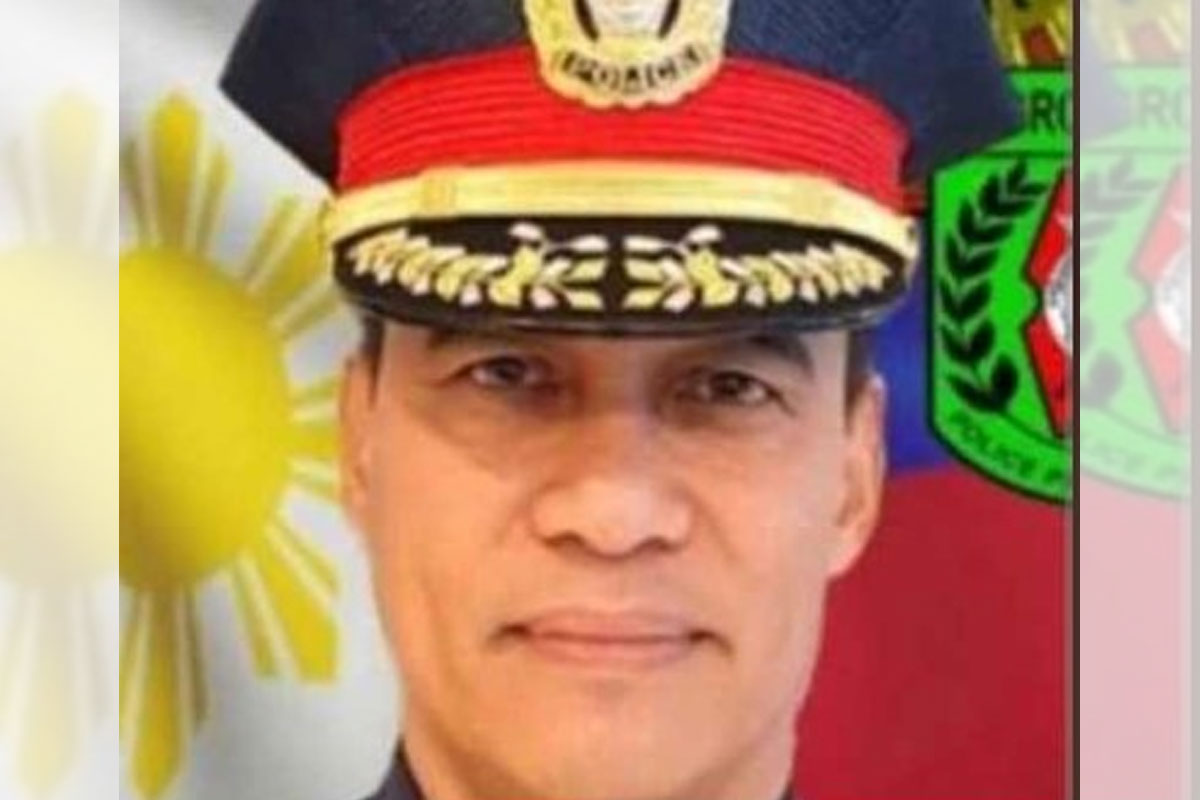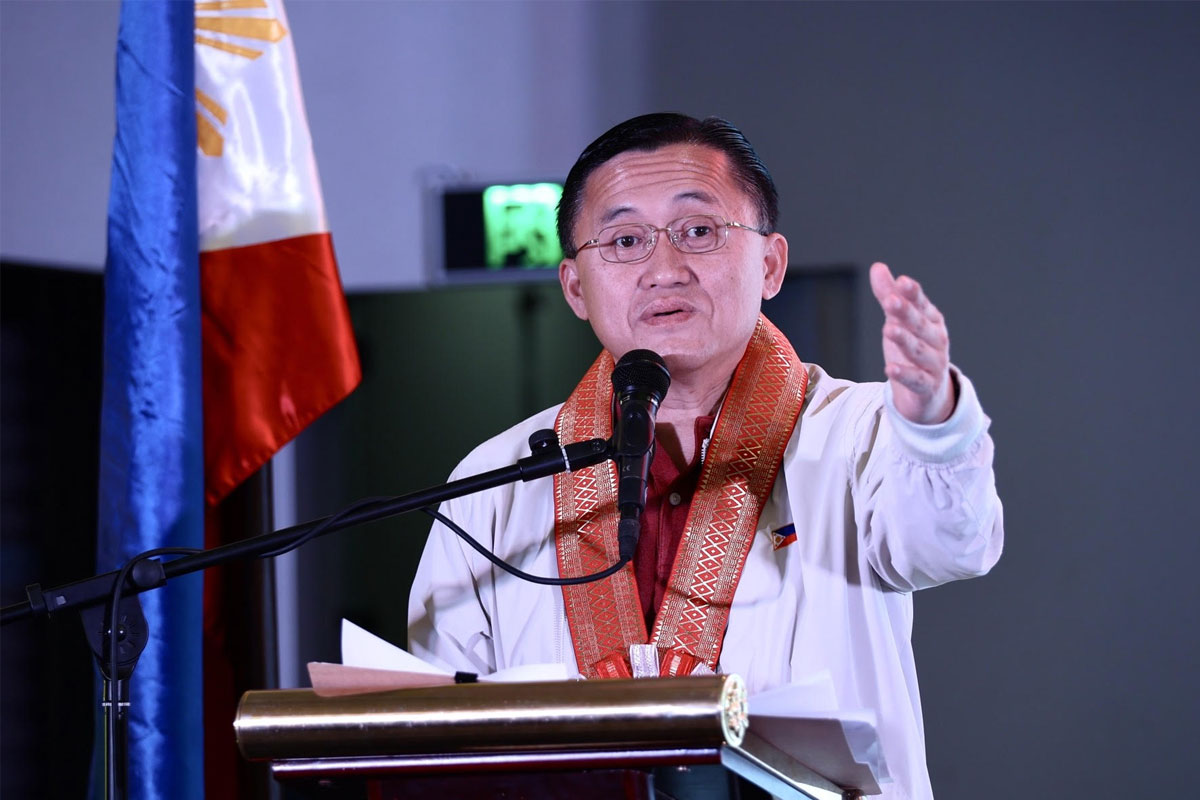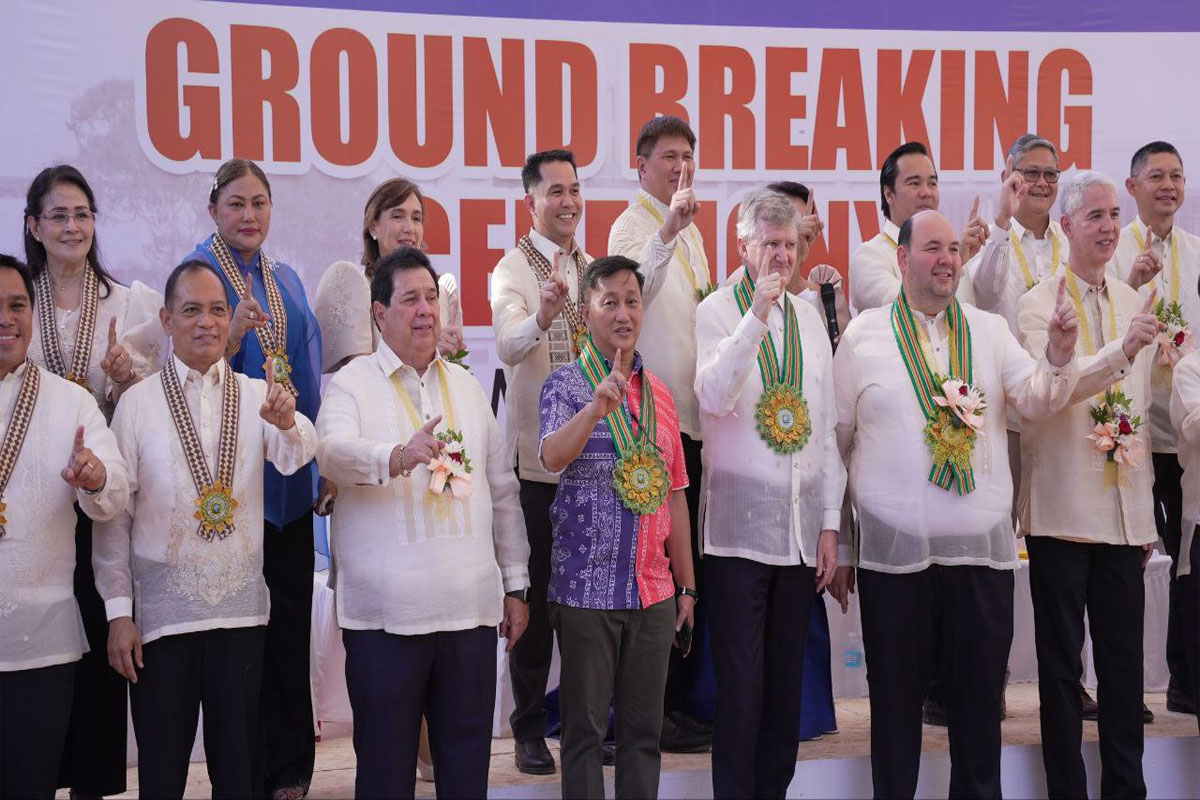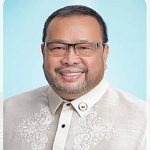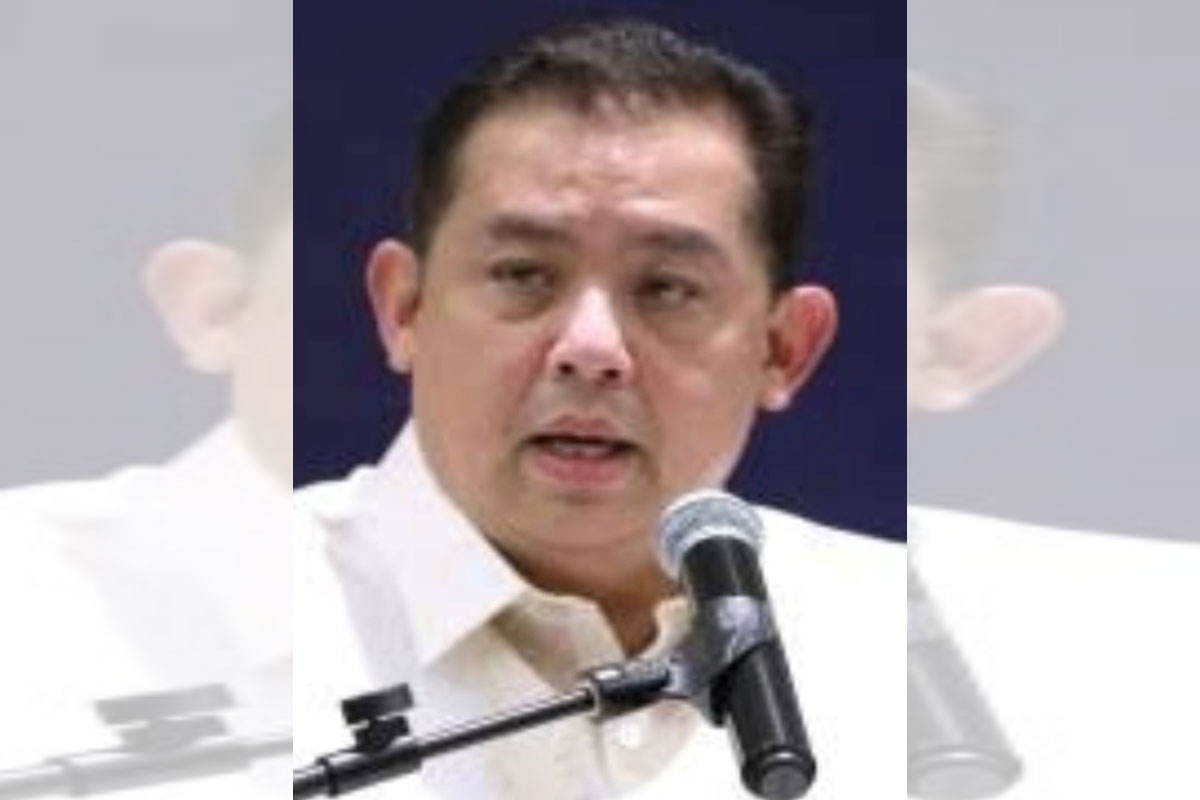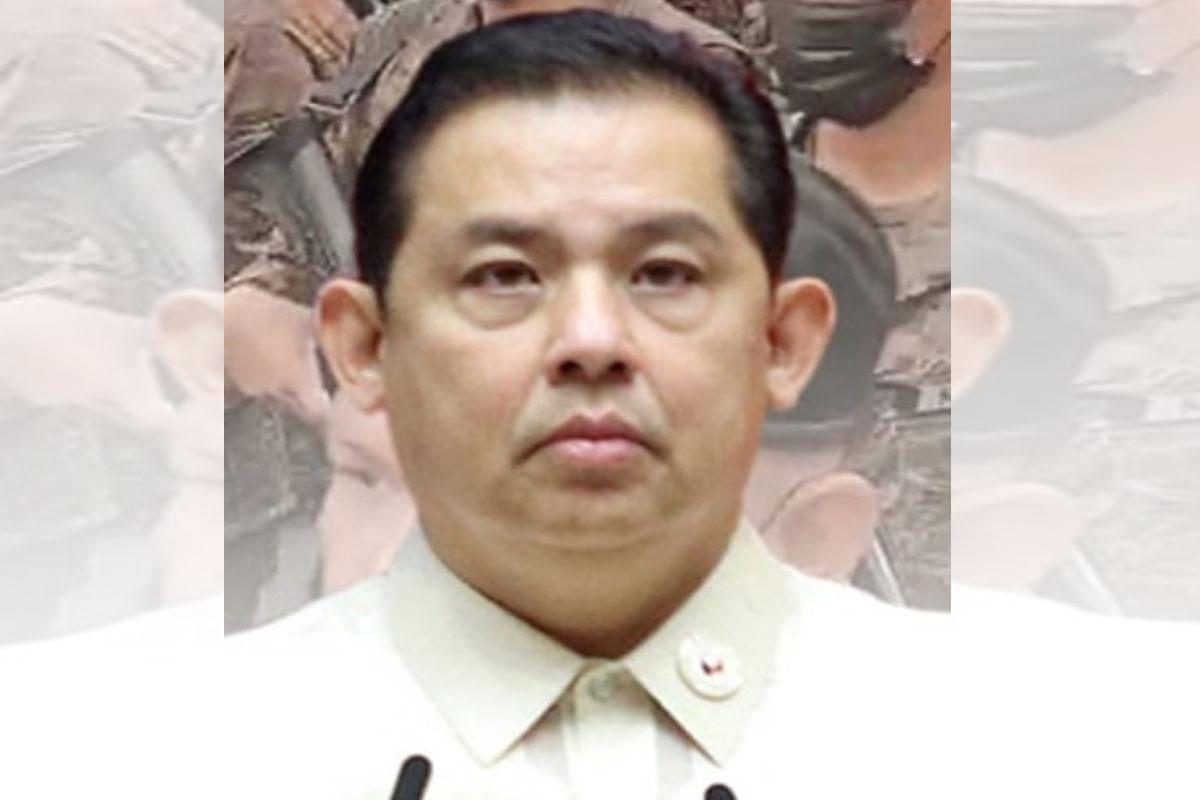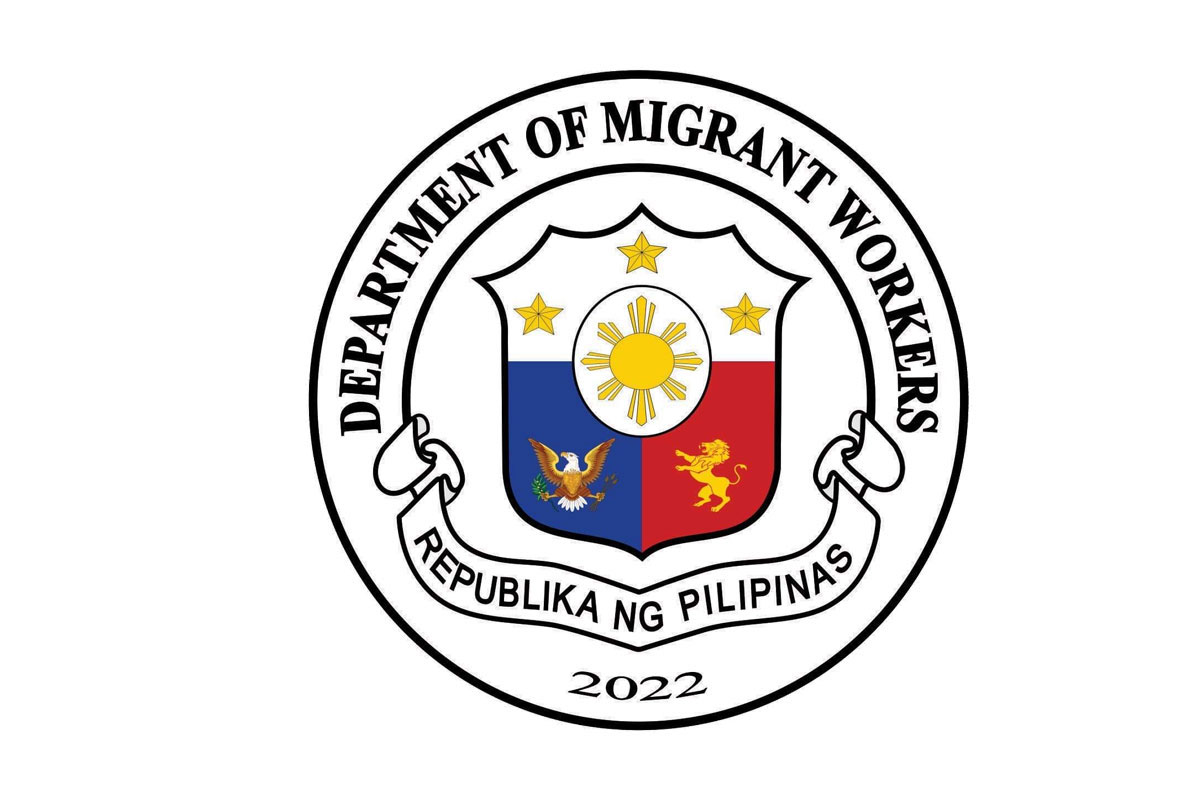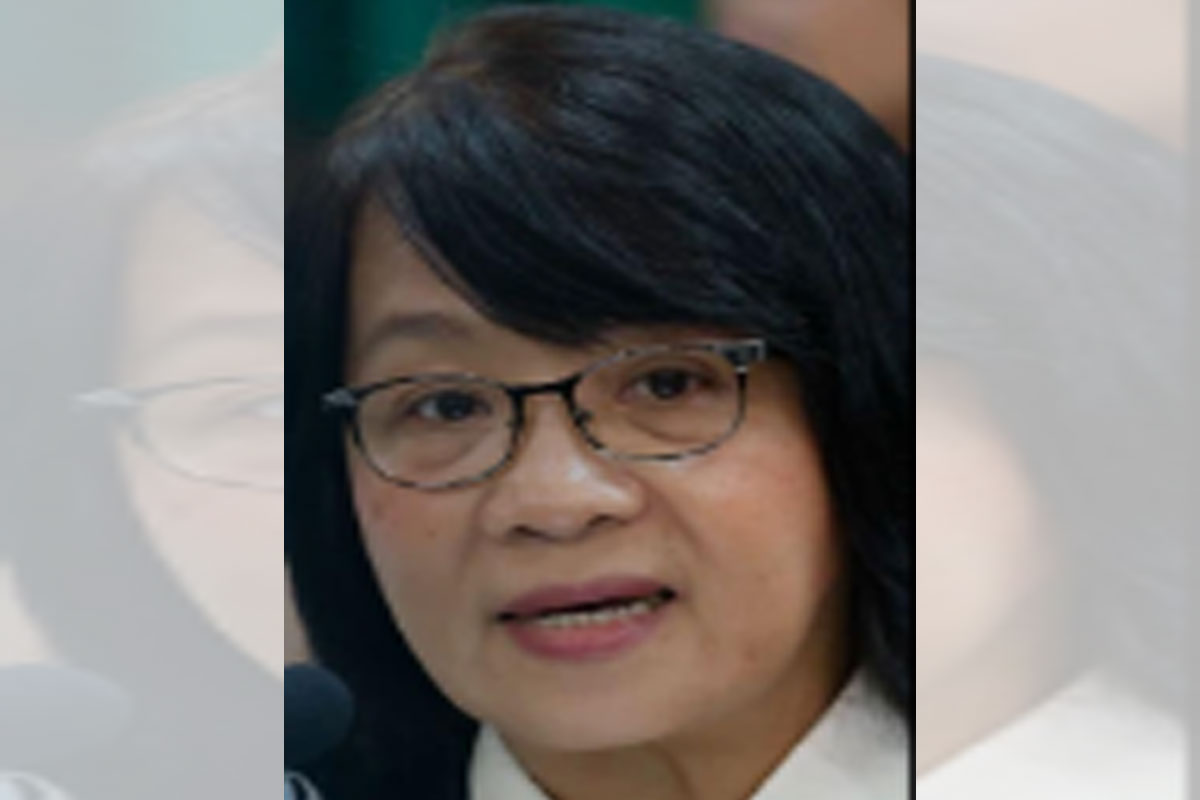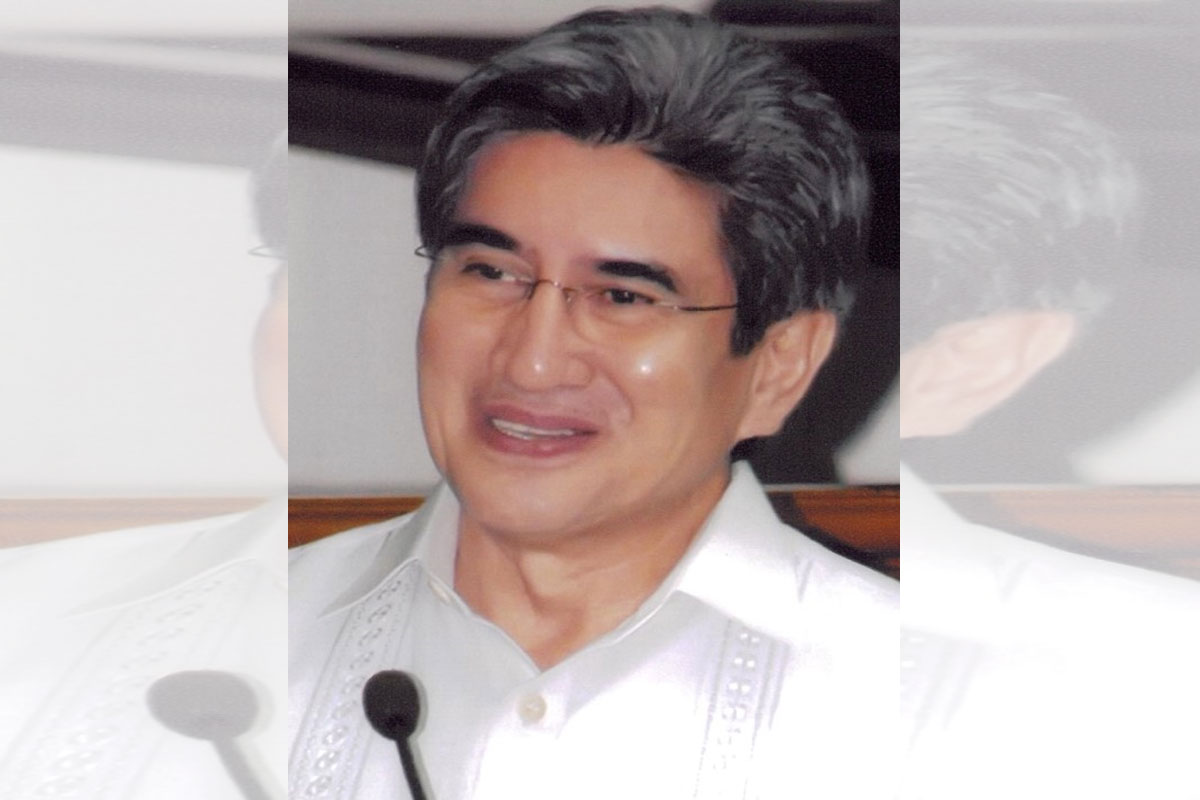
Honasan, DFA, Teves support economic constitutional amendments
FORMER Sen. Gregorio “Gringo” Honasan, ex-Finance Sec. Margarito Teves, and the Department of Foreign Affairs (DFA) on Wednesday supported the proposed economic constitutional amendments contained in Resolution of Both Houses No. 7.
Honasan, Teves and DFA Undersecretary Jesus Domingo are among the resource persons in the 6th hearing of the Committee of the Whole House of Representatives on RBH No. 7, the House version of the proposed amendments.
“Panahon na para baguhin natin ang ating Saligang Batas. Huwag po tayong matakot sa pagbabago,” Honasan told the hearing in a mix of Filipino and English.
He said lifting foreign ownership restrictions in the Constitution could contribute immensely to the country’s economic growth.
He said the Charter should be made to adapt to fast-changing global geo-political, economic and technological conditions and developments.
Honasan said the proposed economic amendments, “together with policy reforms, will propel the Philippines to be on par with its neighbors in attracting foreign investments.”
“Kung mananatili tayong sarado (sa foreign investors), kawawa ang Pilipino,” Honasan stressed.
Honasan pointed out that as a former secretary of information and communications technology, he particularly supports opening public utilities, including telecommunications, to full foreign ownership.
As a retired military officer, he said he has concerns about the national security implications of 100-percent foreign ownership of telco companies.
But those could be addressed by the proposed insertion of the phrase, “unless otherwise provided by law,” in the Charter’s economic provisions, which would empower Congress to impose conditions on the entry of foreign capital, he said.
“Puwedeng magbuo ng batas na magtatakda kung ano ang maaring gawin at hindi maaaring gawin ng dayuhang mamumuhunan, kung saan ang hangganan ng kanilang pribilehiyo,” Honasan said.
He said the ultimate goal of changing the economic provisions should be to help most Filipinos get out of poverty.
Teves said foreign equity limitations in the Constitution “are a binding constraints to investors” that are not present in the basic laws of other Asean countries like Singapore and Malaysia.
“As of 2022, Vietnam, Malaysia, Indonesia, and Thailand have already surpassed us in terms of foreign direct investments,” he said.
He said the Philippines has to adjust is “legal framework” to make it comparable with its Asean neighbors so it can be competitive in enticing foreign investors.
Teves also advocated opening land ownership in rural areas to foreigners, subject to “data-driven” parameters Congress may prescribe.
He said the establishment of foreign-owned manufacturing plants in rural communities would provide job and livelihood opportunities to people in those areas and would lead to the economic development of the regions.
Rural residents seeking jobs would no longer have to migrate to Metro Manila and other urban areas, he said.
He urged Filipinos not to be afraid of foreign investors.
What is important is “who can best serve Filipinos, regardless of their nationality,” he stressed.
Domingo, for his part, cited the example of Singapore, which he said gradually opened its economy to foreign investments between 1965 to the 1990s.
The city-state “is one of the most open economies in the world,” he said.
He also cited his own experience as the country’s ambassador to New Zealand.
Compared to his counterparts in other Asean nations, he said he had difficulty convincing foreign investors due to the economic restrictions in the Philippine Constitution.


